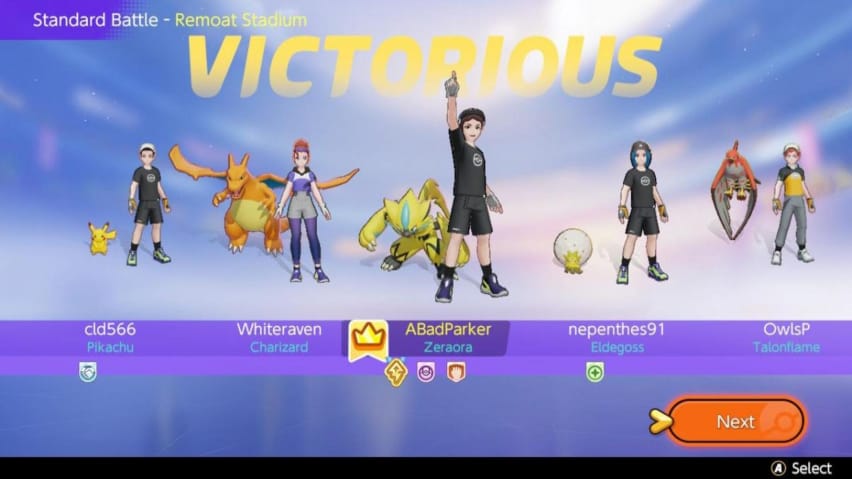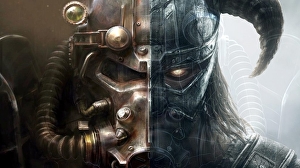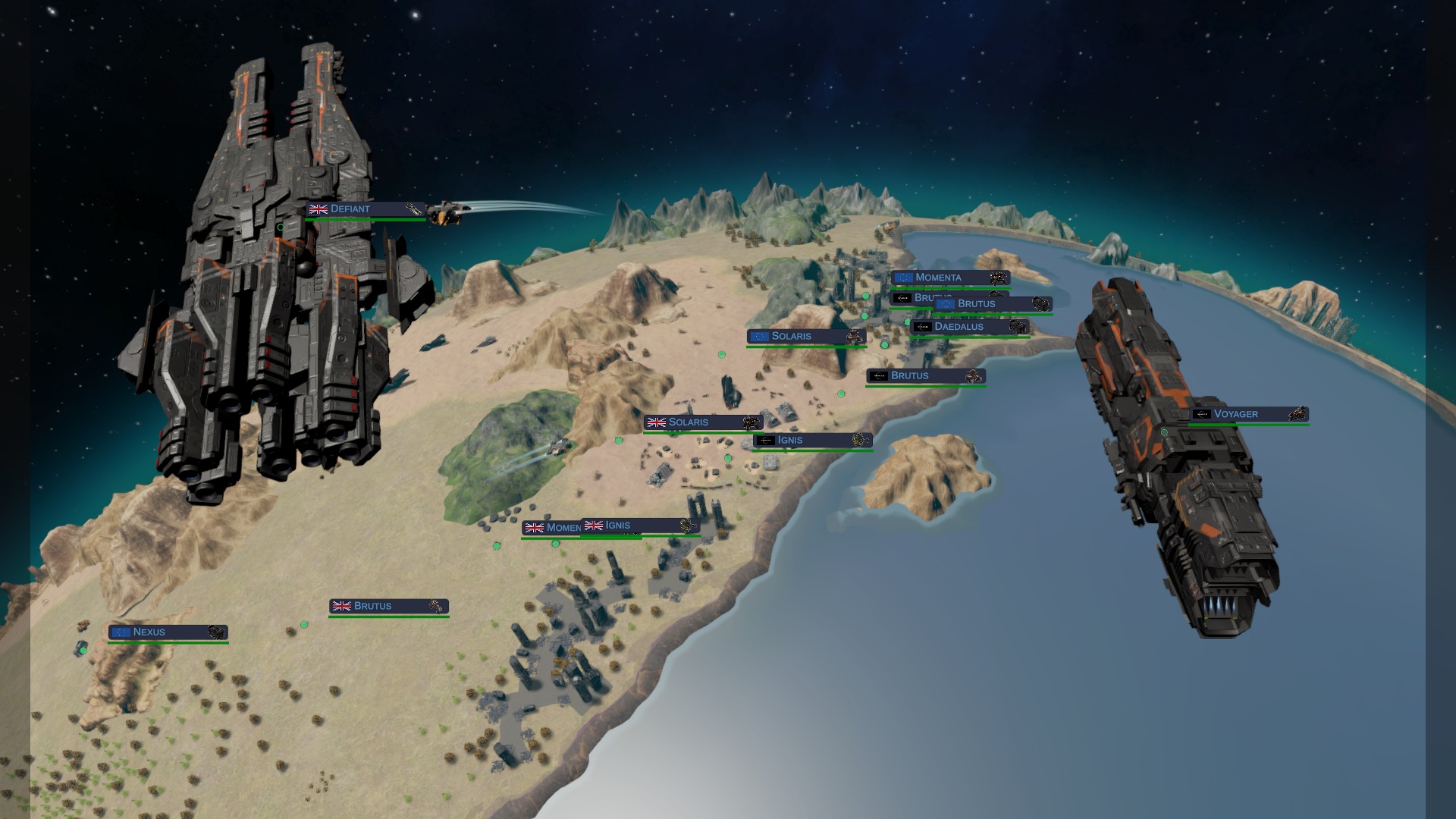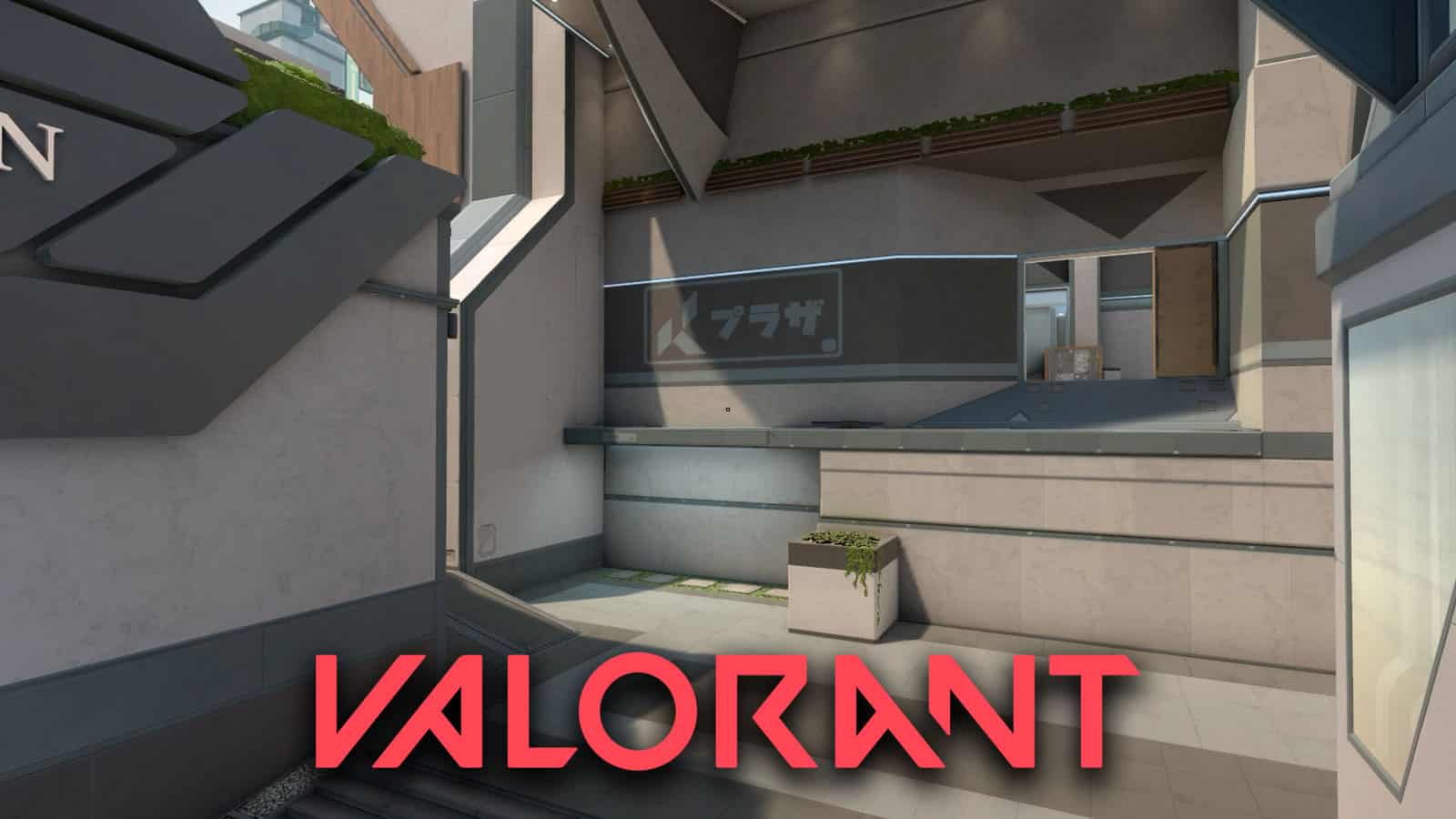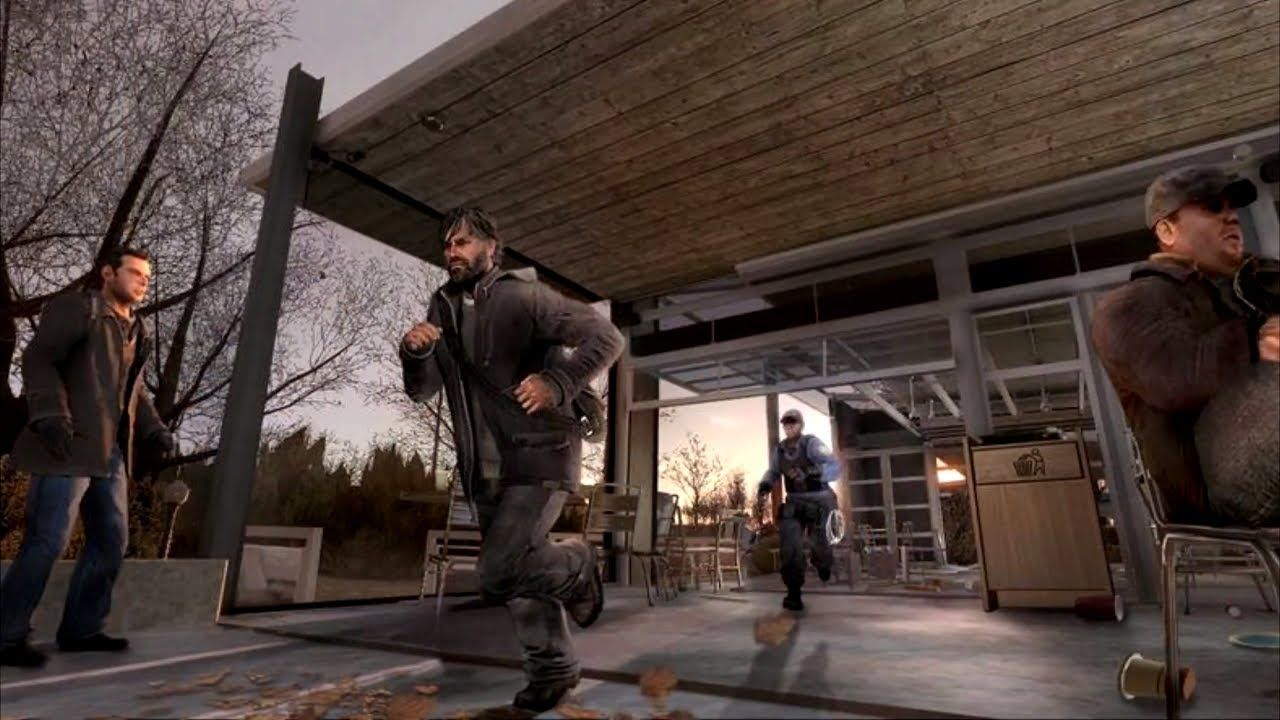
It feels like eons since we last saw the Splinter Cell series get a proper installment. Last featured on a home console during the Xbox 360 generation, Ubisoft has done everything in its power to avoid making another stealth action game for the past eight years. Protagonist Sam Fisher was once one of the company's most important characters, but has since been relegated to cameo appearances in far less interesting games.
I'm not here to moan about how much I want another Splinter Cell game, however. I've done that in the past, and Ubisoft doesn't seem to care. I've made peace with the fact that we aren't likely to see another linear-based stealth title with Tom Clancy branding that actually makes sense. No, what I'd like to propose is that Ubisoft resurrects its original idea for Splinter Cell: Conviction, an idea originally teased at the end of Splinter Cell: Double Agent back in 2006.
For the past few console generations, Ubisoft has gradually made the shift into almost exclusively creating open-world games with ridiculously large sandboxes where players can explore to their heart's content. The last entry in the Splinter Cell series, Blacklist, was not open-world, and it felt like an anomaly among Ubisoft's other games in 2013. Oddly enough, the developer had pitched an idea to turn Splinter Cell open-world just seven years prior.
Related: After Assassin's Creed Valhalla, Assassin's Creed Infinity Could Work

Splinter Cell: Double Agent had something of a troubled development history. The extraordinary Splinter Cell: Chaos Theory had released in 2005, and it practically redefined the stealth action genre. Built on then-current-generation technology, Ubisoft was in a bind when it came to following that title up. Should Double Agent remain on the aging Xbox and PS2 hardware, or should an HD conversion be created in less than a year?
As it turns out, the answer was to do both. Instead of focusing efforts on creating the absolute best experience possible for last-generation devices, Ubisoft – who recently acknowledged its own issues with a toxic work environment – split development into two teams and rushed out a PC and Xbox 360 port that lacked most of the features the company had been teasing. There were no partner missions, no tough decisions to make that would impact the story, and there certainly wasn't any kind of level design approaching the intricacy of Chaos Theory. I suppose the visuals were nicer, but that hardly makes up for lackluster design. Thankfully, the last generation version came out fine, but most people never played it as they assumed the 360 port was the definitive version.
Still, that didn't really prepare anyone for the shocker that was Double Agent's ending teaser. Once the credits rolled on the game, Ubisoft would reveal that a new Splinter Cell was coming next year – Splinter Cell: Conviction. Initially, it was going to follow closely from Double Agent's shock ending and see Sam on the run from the authorities after having killed Third Echelon director Irving Lambert. Not only that, but Sam would need to navigate the streets of Washington undercover as a vagrant and would be given free rein to explore the metropolis at will.
Related: Skull & Bones Doesn’t Have A Place In Today’s Gaming Landscape
Early beta videos from E3 2007 show a game that looks to be almost complete. Drifting away from the third-person shooter controls the series had previously employed, this version of Conviction almost resembles something of a Yakuza-styled brawler. Sam could get into fistfights with random pedestrians, infiltrate stores to steal supplies, and tail subjects throughout the streets – all without loading screens. It was extremely impressive for a 2007 title when open-world games were still limited to aping Grand Theft Auto 3.
Clearly inspired by the then-burgeoning Bourne film franchise, this take on Splinter Cell was a massive departure from the semi-serious political intrigue that the series had stuck to for four games. There was obviously still going to be a mostly realistic direction where Sam would die in a couple of shots and couldn't fall from 20 feet without suffering injuries, but it was practically a different genre. So why was it canned?
There's never been a direct answer to that question, but it's possible that the power afforded by next-gen hardware just wasn't capable enough. I'm only inferring there, but the originally planned 2007 launch date was very early into the life cycle of next-generation devices. Microsoft had secured exclusivity of the game even during its open-world brawler phase, but for the time, no development studio really knew how to make the best of the Xbox 360 or PS3. We would eventually see Rockstar Games push the envelope of what was possible with titles like Grand Theft Auto 4 and Red Dead Redemption, but those came years later.
Related: Why Would You Name A Game XDefiant?
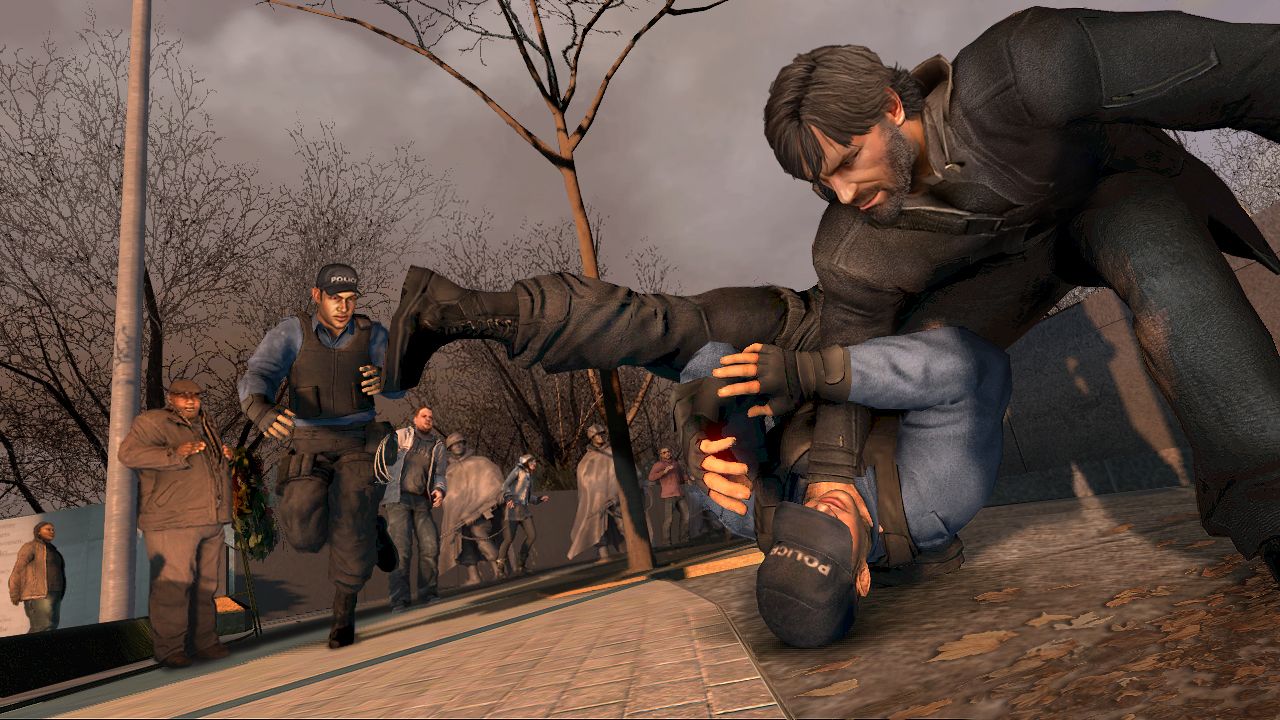
In fact, Ubisoft's big attempt at an open-world game in 2007 was Assassin's Creed, and that was far from seamless, required long loading screens between areas due to a limited understanding of how to push the newer hardware. Likely as a result of that, Conviction was delayed multiple times, so it's not hard to figure that going with something more traditional was the best course of action in getting the game out the door. Conviction would eventually make an appearance at E3 2009, though it was radically different from the brawler game previously seen. This version looked almost exactly like what we ended up getting in 2010, save for a few visual differences.
That brings us to the present in a world where Splinter Cell hasn't seen a new installment in nearly a decade. As I said earlier, Ubisoft almost exclusively makes open-world titles now, so why not revive this idea? I may be sick and tired of bloated sandbox titles, but the smaller scale of Splinter Cell: Conviction's world seems like a great way to keep things focused. The story would obviously need to be tweaked as Sam has already cleared his name, but he can definitely still go undercover.
It's also not as if the character has never traversed an open world either. The last two Ghost Recon titles featured missions where players teamed up with Sam in ludicrously big settings. Those also completely miss the point of what made Splinter Cell special, but clearly, Sam can exist in a game where there are no artificial boundaries.
Related: GTA Online Needs Competition, But Assassin's Creed Infinity Isn't It
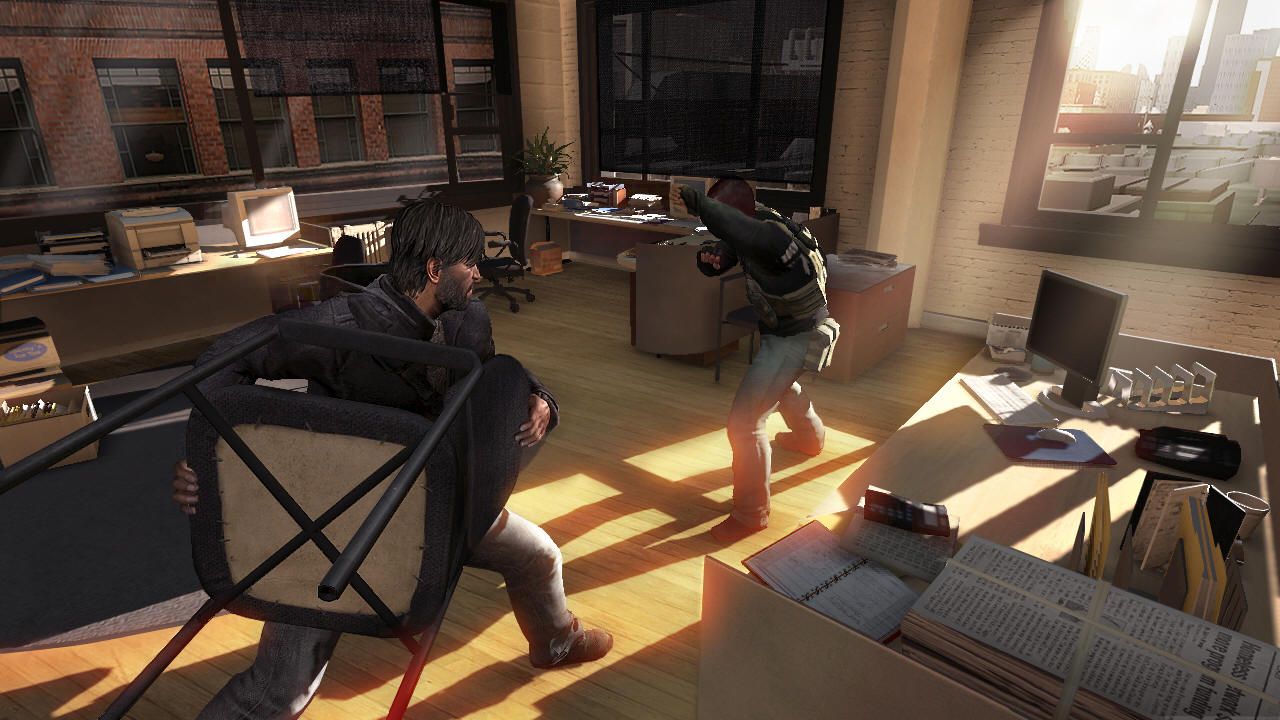
More than anything, I would just like Ubisoft to acknowledge the series outside of a cameo or animated series. Considering the Tom Clancy branding has fallen from grace and stopped representing tactical, realistic shooters, releasing the original vision of Conviction might help restore faith in the late author's name. If nothing else, it will give fans a taste of a title they never got to experience more than a decade ago.
Next: We're Never Getting A New Splinter Cell, Are We?
